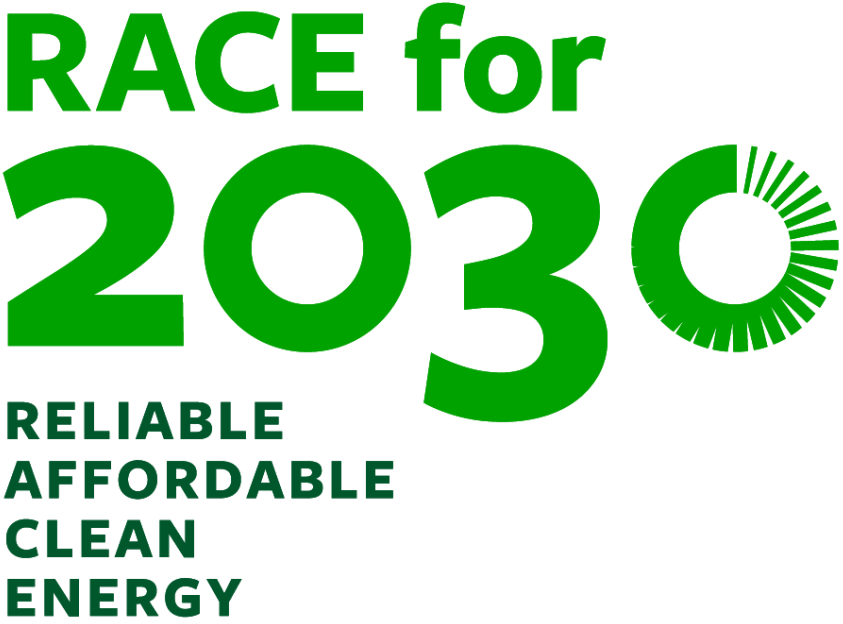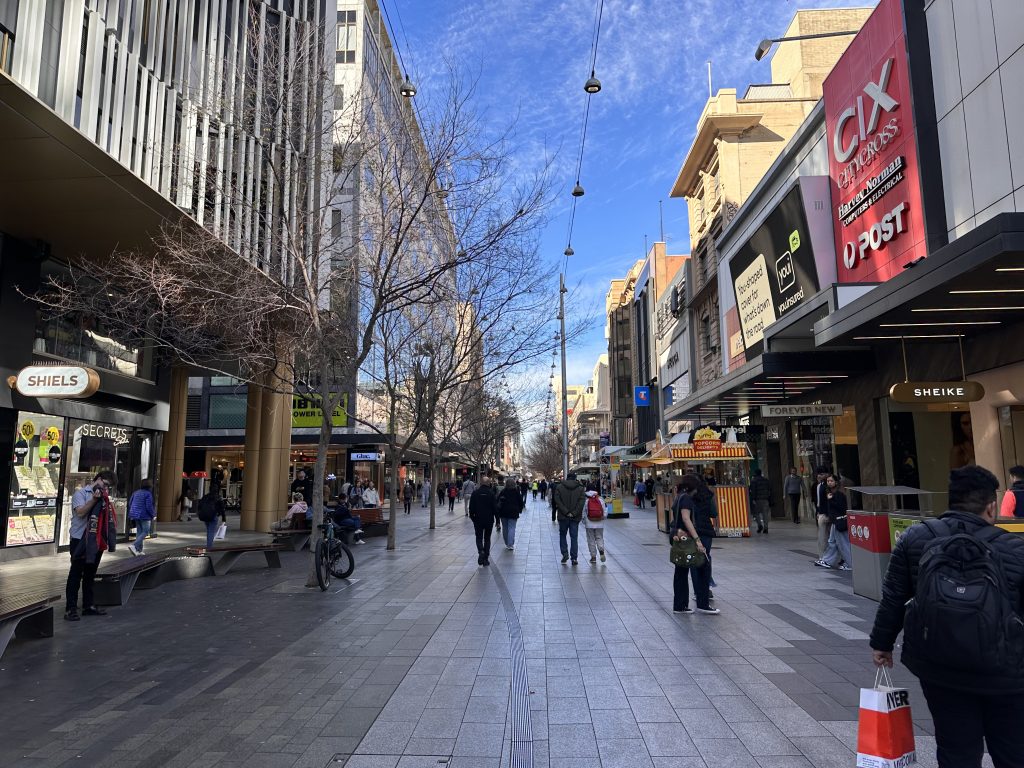Chief Investigators
Prof. Rebekah Russell-Bennett (QUT)
Purpose of project
The energy sector is going through unprecedented transformation. Technological advancements, updated societal values and changes to regulations are pushing the sector away from large-scale fossil fuel generation and towards smaller-scale, widely dispersed renewable energy sources. The energy industry now needs to focus more on customer demands, an approach that has been overlooked by the sector. This project aims to help the energy industry, advocacy groups and policymakers understand consumer behaviours so they can:
- Make better decisions in their external and internal environment based on insights from customer behaviours·
- Create initiatives based on customer needs and wants
- Develop strategies that address the factors that influence those behaviours
This innovative approach to industry research partners a research assistant with an industry partner to deliver small, in-demand research projects (‘insights’) responding to immediate consumer-facing issues.
Impact of project
Changing global energy sources and supporting the transition to renewable energy is key for a better and cleaner future. This future partly depends on how consumers view this transition and their actions that drive their decision-making when choosing an energy source. Through delivery of discrete research deliverables, this project aims to highlight the role consumers play in shaping a liveable future. It will drive impact by:
- Improving understanding of energy consumers’ values, beliefs and behaviour about the energy sector
- Developing evidence to support customer-centric processes and strategies in energy organisations that will help facilitate a smoother transition to a renewable energy future
- Supporting the development of a collaborative relationship between customers and the energy industry
Insight Project 1 – Giving Power to Energy Networks: Are Australian households willing to adopt demand-side management programs?
One of the key challenges facing the energy sector is how to address grid instability and high pricing during peak demand periods. Demand-side management (DSM) is one solution to this problem. DSM encompasses several strategies that aim to modify household energy demand. These strategies range from alerting households when their energy consumption is high to energy networks having the ability to curtail certain household appliances during periods of peak demand. Therefore DSM requires energy networks to have some degree of visibility and/or control of household’s real-time energy consumption.
This research investigated whether energy utilities have sufficient social license to operate (SLO) for their customers to be willing to sign up for DSM and provide them with the visibility and/or control they need for these programs to be successful. SLO scores indicate that consumers are more likely to accept DSM programs that give networks visibility over those that give networks control. Therefore, utilities should prioritise visibility DSM programs in order to appeal to the largest number of households.
The findings indicate that energy consumers do not believe that energy utilities act in their best interests or consider their concerns when making decisions regarding DSM. In order to address these negative perceptions networks need to focus on facilitating consumer feedback and giving consumers an opportunity to contribute to decisions that impact them. The research reconfirmed that utilities should make it easy for consumers to access the information needed to make a decision regarding DSM, and that information about DSM is supported by a trusted source.
Project partners – industry and research
Queensland University of Technology (QUT) (Lead), Essential Energy






